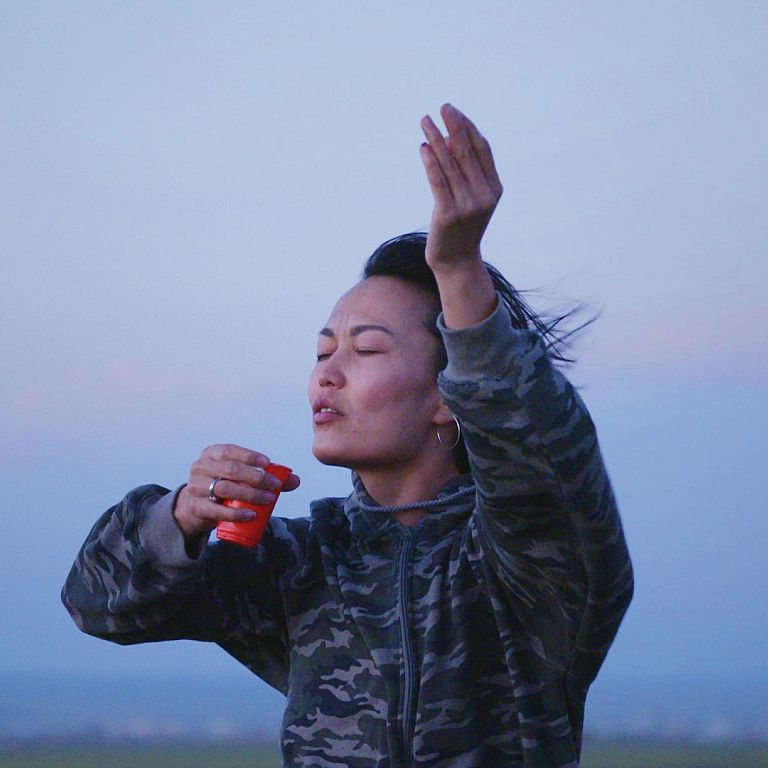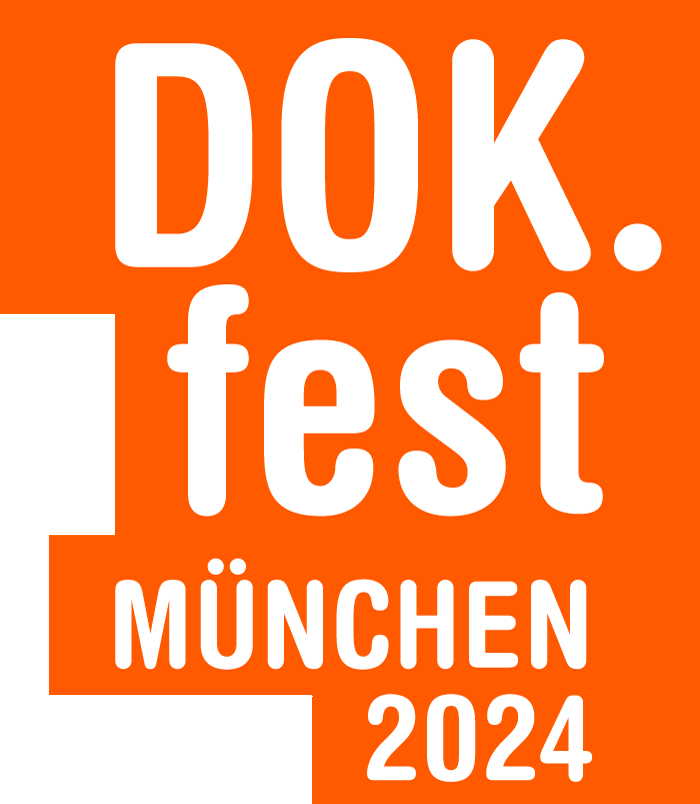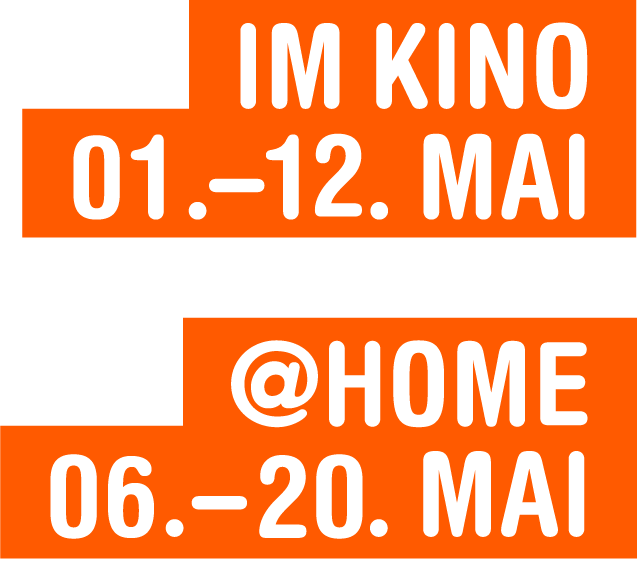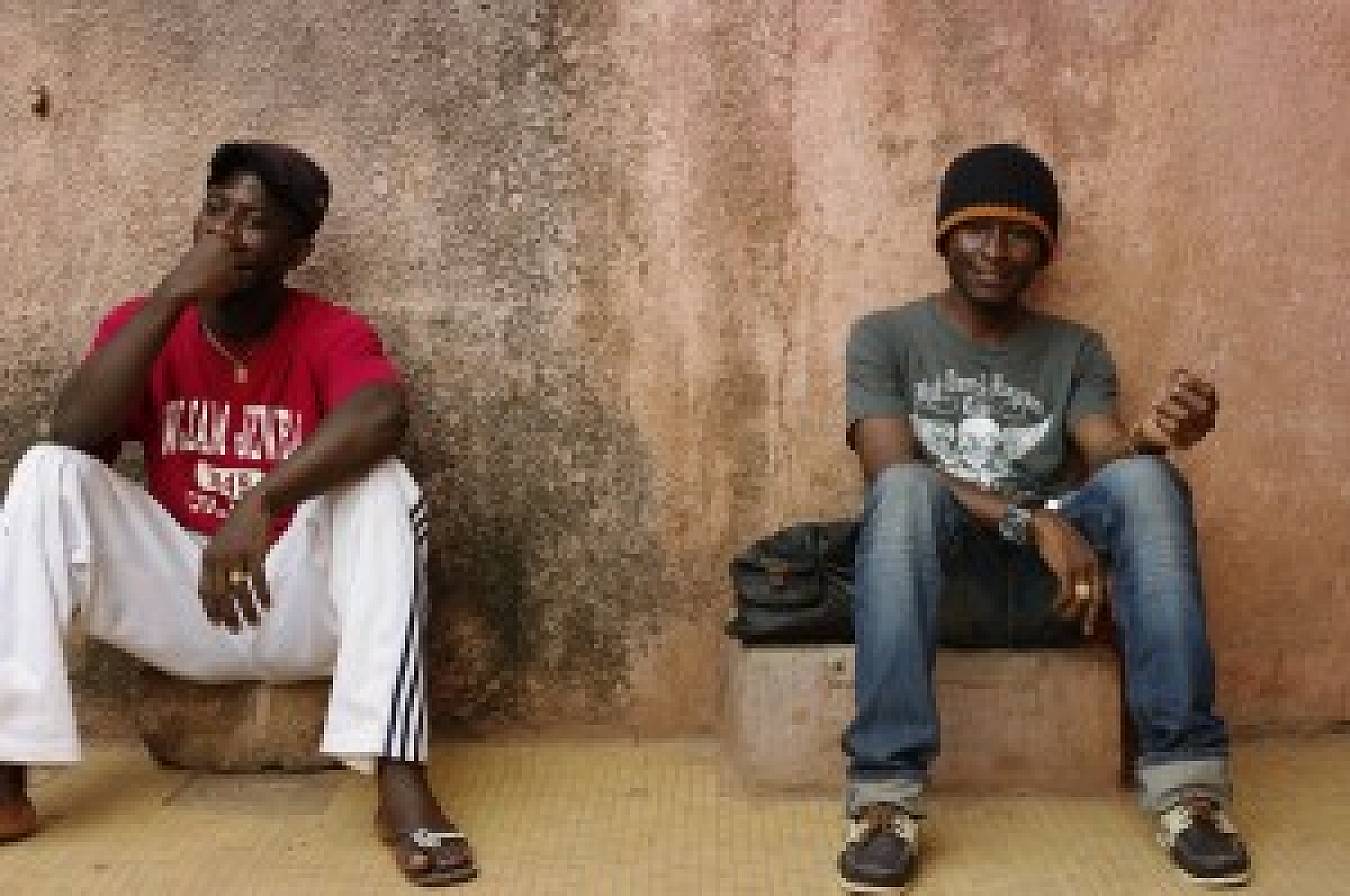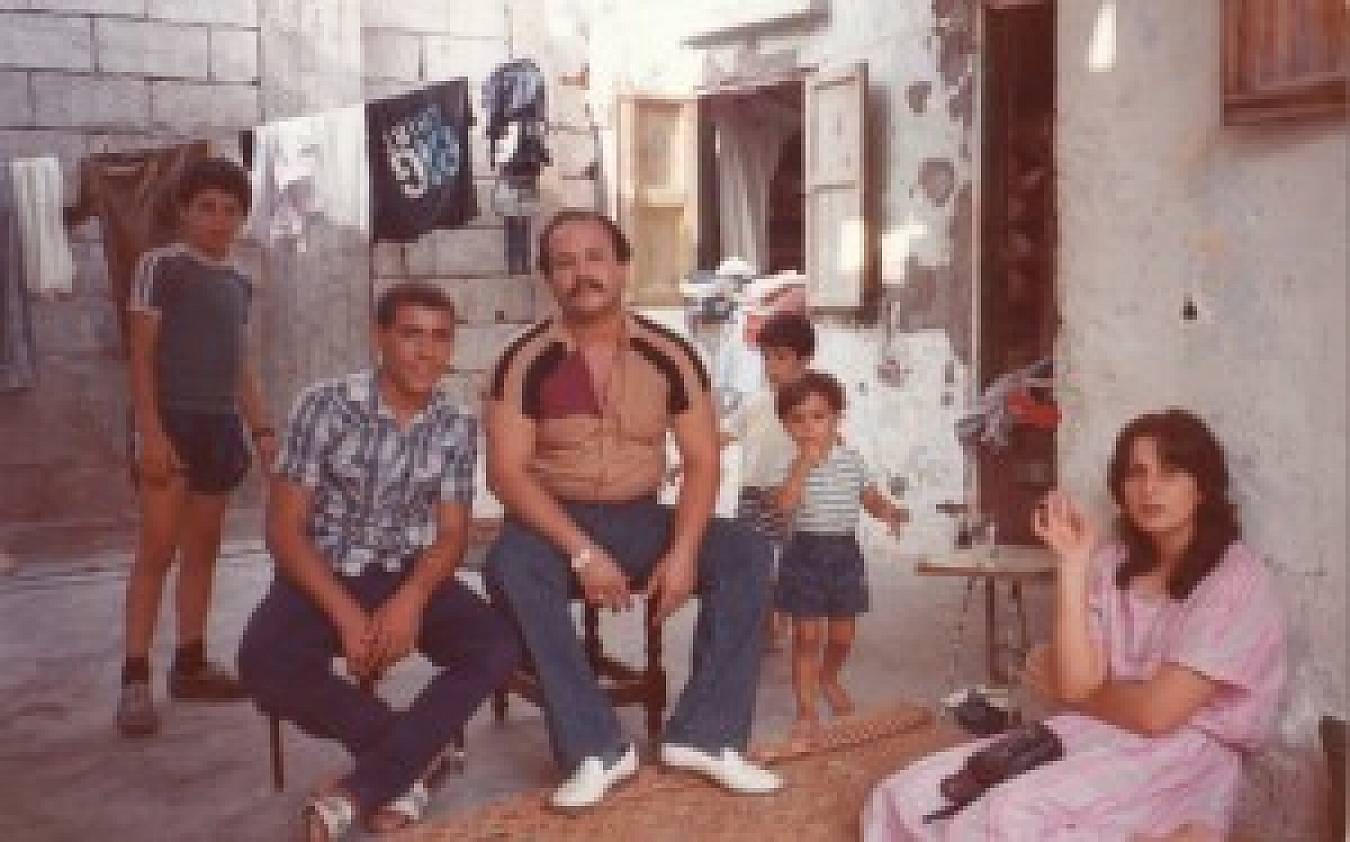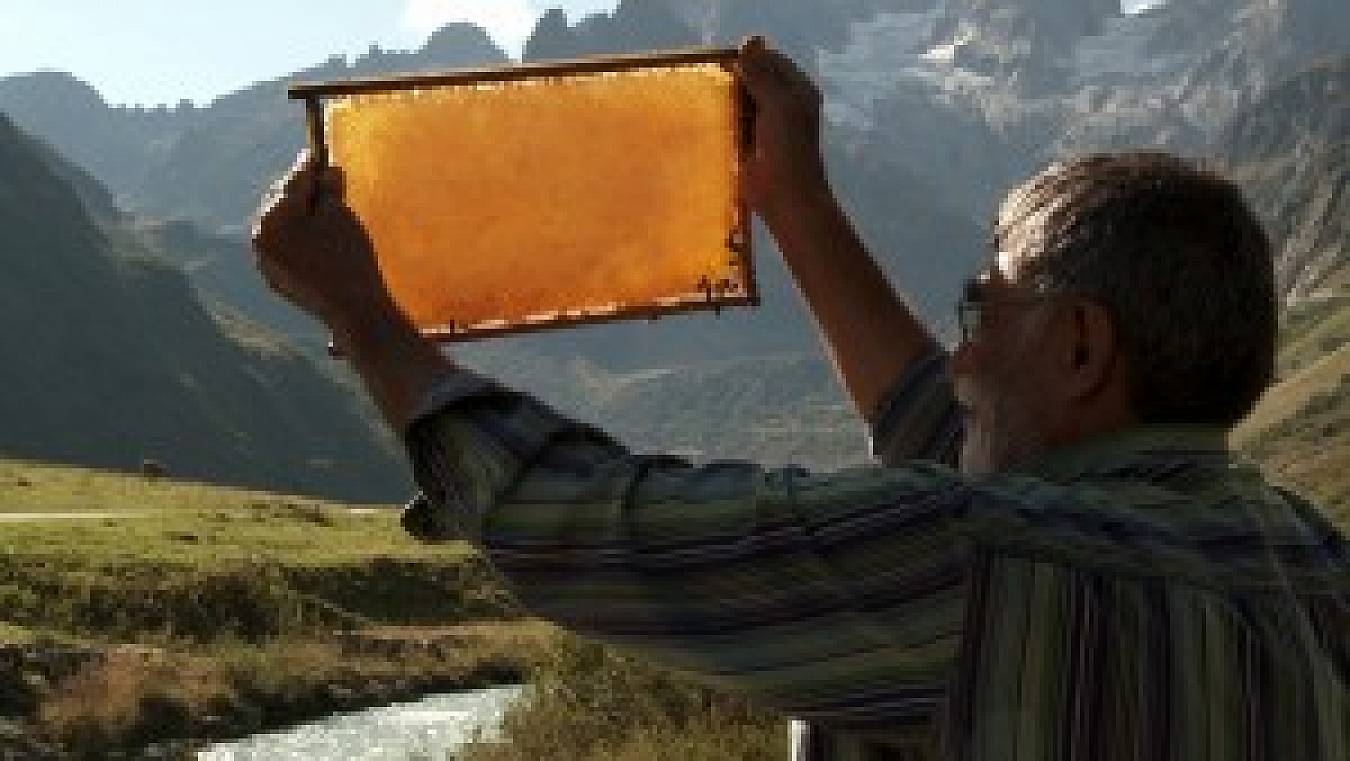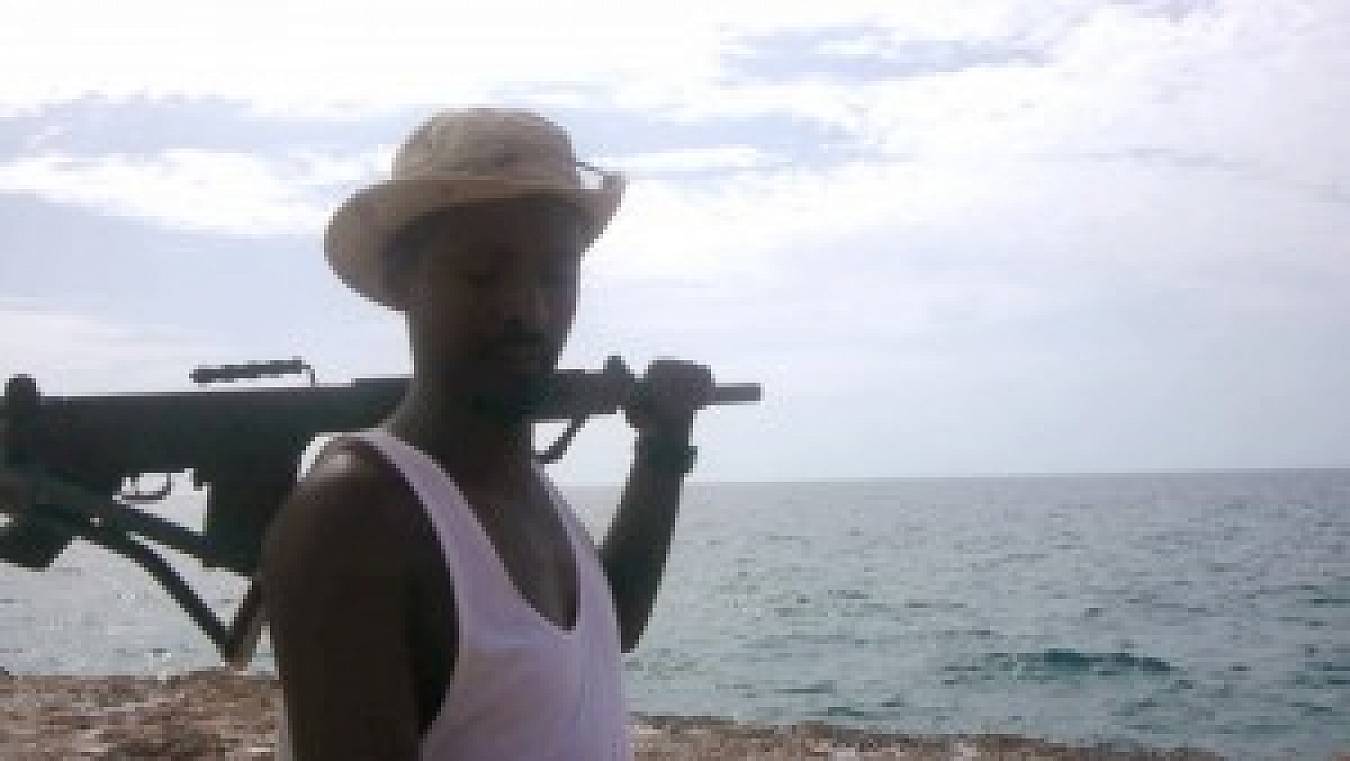Winners 2013
The VIKTOR DOK.international 2013 goes to:
SUR LE RIVAGE DU MONDE – Sylvain L'Espérance
Standing on the Edge of the World
Jury-Statement:
A powerful film featuring one of the biggest problems of our time: illegal immigration. After enduring dangerous journeys, four African immigrants are stuck in Bamako. Living together in an empty house, they preserve their hopes and dreams by turning their painful experiences into theatrical performances. Thus, theatre gives them a political voice and boosts their spirit. The filmmaker has managed to create a relationship of respect, intimacy and sincerity with his protagonists. Through remarkable camerawork, a fine sense of rhythm, and great interview talent, the director brings out the dignity in each of his protagonists.
Special Mention of the Jury in DOK.international: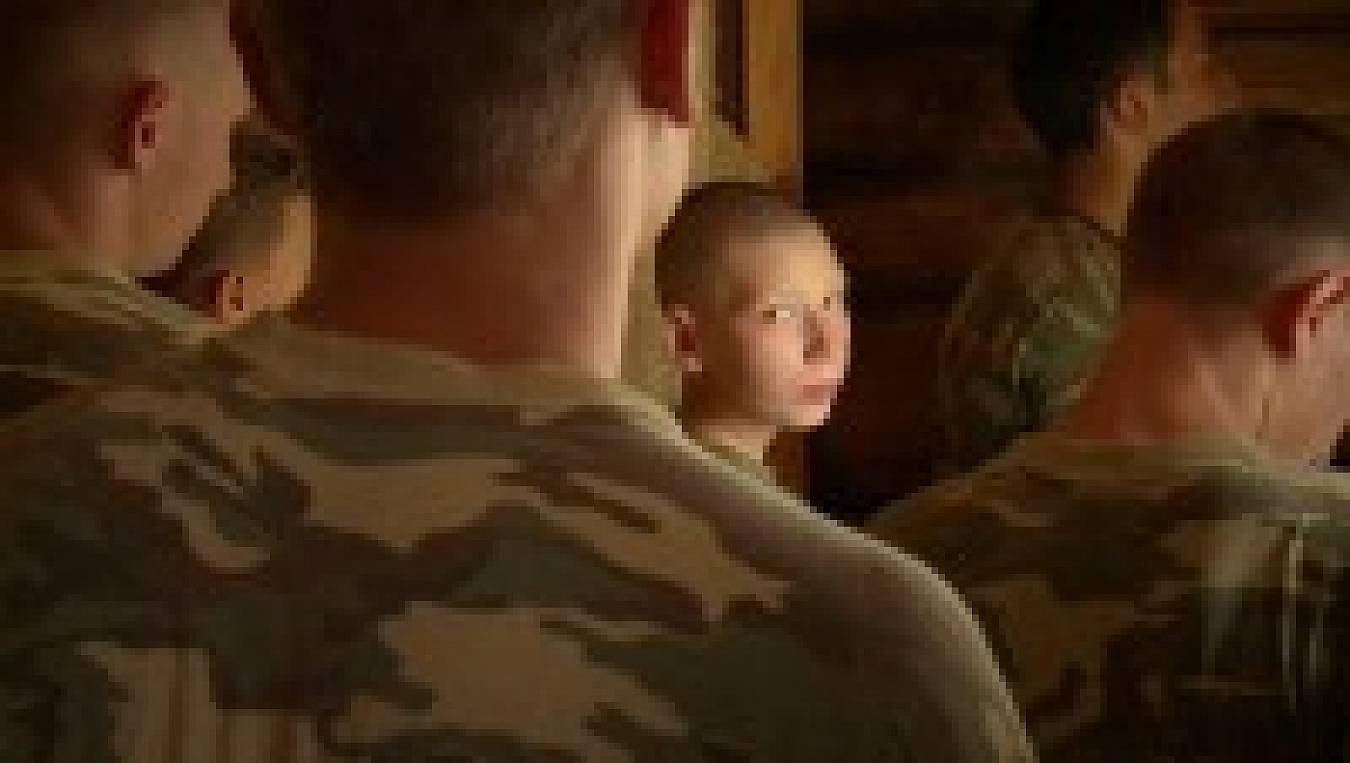
Summer with Anton
Jury-Statement:
An intimate portrait of a young Russian boy being transformed into a soldier. With deep emotion, we follow the young soul of Anton, torn between his life with his beloved grandmother and his tough education in a military summer camp. This film shows the director’s great talent, revealed especially in the cinematography and editing. Our special mention goes to Un été avec Anton, by Jesna Krajinovic.
The VIKTOR DOK.horizons 2013 goes to:
A WORLD NOT OURS – Mahdi Fleifel
Alam Laysa Lana
Jury-Statement:
How can you approach a place that was supposed to be your home, when you had to leave it many years ago. Especially if it is a Palestinian refugee camp in Libanon. Where do you go in a world that does not belong to you? Old traces blend together with present life and the wide horizon of history evolves from the personal story of the visitor. In his own voice and with great dignity, humor and compassion the filmmaker leads us through his world and is able to offer a new perspective on the conflict in the Middle East.
Special Mention of the Jury in DOK.horizons:
...Moddhikhane Char
Jury-Statement:
Stranded on a small piece of land, on the border between India and Bangladesh, a small number of settlers try to survive by smuggling rice, medicine and livestock. Their lives became engulfed in misery when a flood washed away their village. Ghost-like figures, often filmed with infrared cameras, populate the screen, giving the film an almost eerie quality. The jury decided to give a special mention to a bold film that succeeds, through radical and sometimes puzzling formal choices, in conveying the atmosphere of a perpetually changing space: Char – A No Man’s Island by Sourav Sarangi.
The VIKTOR DOK.deutsch, the German Language Competition 2013 goes to:
DER IMKER – Mano Khalil
Ibrahim is a true film hero. The Kurdish immigrant leads his struggle for a dignified life with stoic perseverance and affable charm. For political reasons he was forced to start a new life far from his roots and his culture and faced with great existential loss. This provides the material for a compelling film narrative.
The director, Mano Khalil, has found the right form, the right images and the right protagonist - whose tragedy is perhaps escapable. Ibrahim is a beekeeper and as he fled through the Turkish mountains this was useful camouflage. After his emigration to Switzerland, he was obliged to do menial jobs. Now he needs to prove his eligibility for a pension. The geopolitical coincidence that Ibrahim came to live in Switzerland is fortuitous for the film’s structure. It is an ideal country for drawing topographical comparisons with Turkey and making connections between the most extreme cultural contradictions. The director, Mano Khalil, never loses sight of his hero’s great capacity for emotion. On the contrary, it becomes the central motif of this highly humanitarian and humanistic documentary film, in which we learn, incidentally, that bees don’t just provide honey but also inspiration.
Special mention of the Jury in the German Language Competition:
ALLEINE TANZEN – Biene Pilavci
Jury-Statement:

The Documentary Talent Award 2013 goes to:
DER KAPITÄN UND SEIN PIRAT – Andy Wolff
The captain has lost everything, because he resorted to the most extreme measures to save those who then felt betrayed. The captain can’t understand the world any more. So the balcony of his room in the trauma clinic has become his bridge. For four months he was held captive on the freighter Hansa Stavanger. Through simple cross-cutting, which is used to ideal dramatic effect, the relationship between the captain and his Somali pirate is revealed – it is so exciting and so touching, so provocative and so coherent, so extraordinary and so compelling at the same time. DER KAPITÄN UND SEIN PIRAT is a virtually perfect documentary film because it has the unique elements (the protagonists) that are needed for a stunning narrative, and its director, Andy Wolff, deploys them both respectfully and intelligently.
The OmU-Award of Untertitel-Werkstatt Münster 2013 goes to:
MEINE KEINE FAMILIE – Paul-Julien Robert
My Mother, My Fathers and Me
Paul never had a small family. In the Seventies, his mother considered that to be a false way of life, so she moved into Otto Mühl’s infamous artist commune in Burgenland, where Paul was brought up bereft of any conventional family relationships. Twenty years after the end of an experiment that promised cultural freedom and exercised social totalitarianism, the filmmaker sets about confronting his past – through a content that is unsparing, but a form that is carefully considered and highly intelligent filmicly. In doing so, he also confronts his mother, whom he allows space for reflection. The combination of meetings with former inhabitants of the commune – other children to whom he still has a strong relationship, but also possible fathers – and alarmingly abundant archive material (which becomes evidence) is to the point, dramatically as well as psychologically. Paul-Julien Robert has succeeded in creating a compelling and mature documentary film, because he preserves his artistic composure amid all the personal tragedy.
Award of DOK.forum 2013:

BE HARD OR GO UNDER
Regisseur: Jona Honer
Jury-Statement:
Subtle power struggles, which we can encounter anywhere, are captured in a classroom. Consciously applying its cinematic means, BE HARD OR GO UNDER tells of four boys and their struggle for their ranks within the group.
The great strength of this short film lies in what is omitted. What does a film really need to contain and how do I tell it? The image, sound and concept are concentrated on their common aim. Director Jona Honer has succeeded in making the form and content support each other. And the audience becomes a powerless witness.
The ARRI pitch award goes to:
GIRLS DON’T FLY
Studentin: Monika Grassl
Jury-Statement:
As a jury, what convinced us about this project was the real access it would give us to Ghana, a land in upheaval, and a land in which flying microlight aircraft is essential for supply and future development. Through their training – from building the airplanes themselves to gaining their pilot’s licenses – the young female protagonists are given the chance to free themselves from multiple dependencies. We expect a film that is also visually powerful, while bringing us closer to Ghana’s young generation, offering new perspectives for it and for us.
The mimikri media sponsoring prize goes to:
FLYING HIGH – LEAVING ECSTASY
Studentin: Pary El-Qalqili
Jury-Statement:
The prize goes to Pary El-Qalqili for daring to break through the boundaries of documentary film in order to even be able to tell the story of her Palestinian sister in Berlin, Dubai and Cairo.
